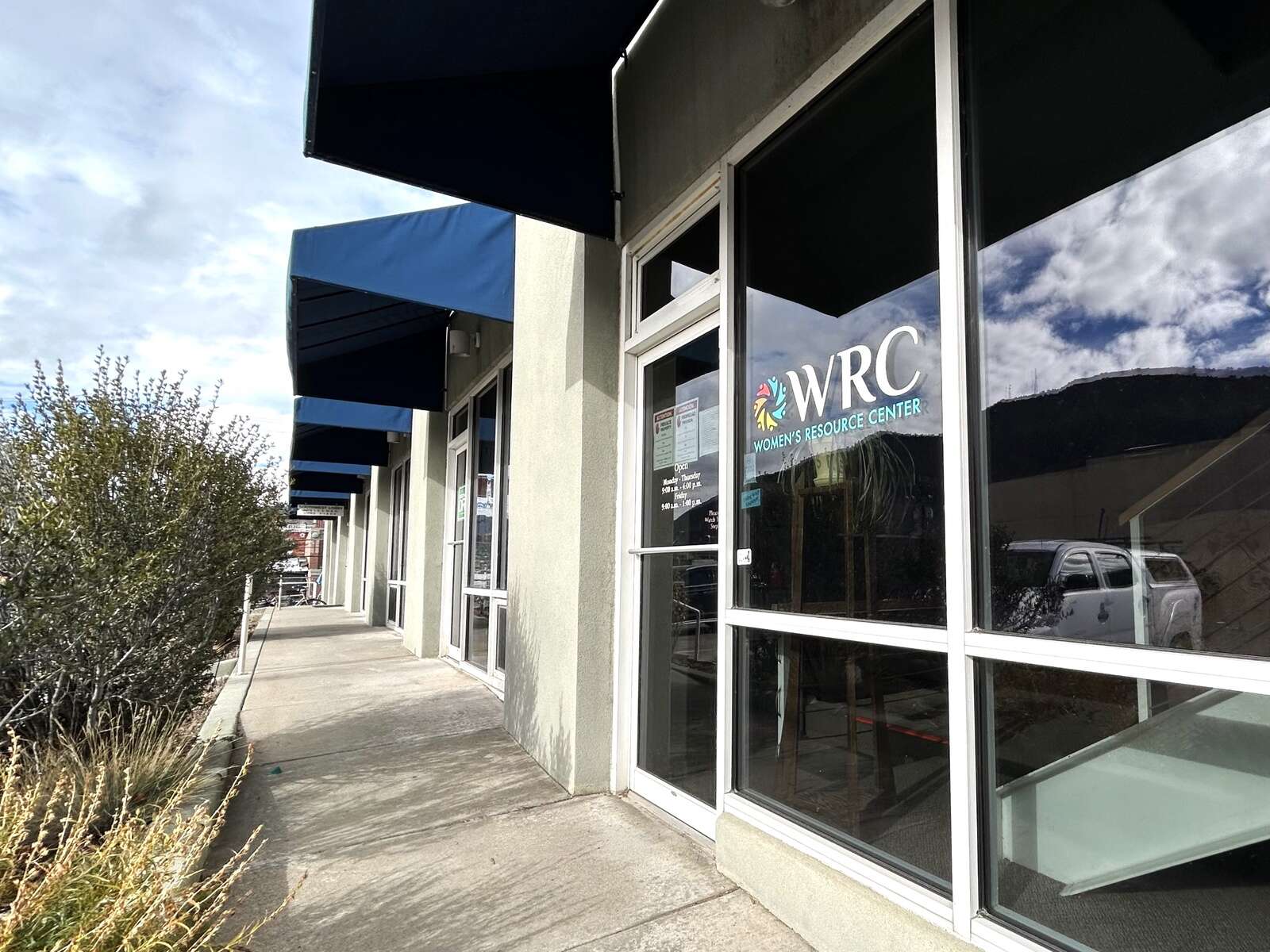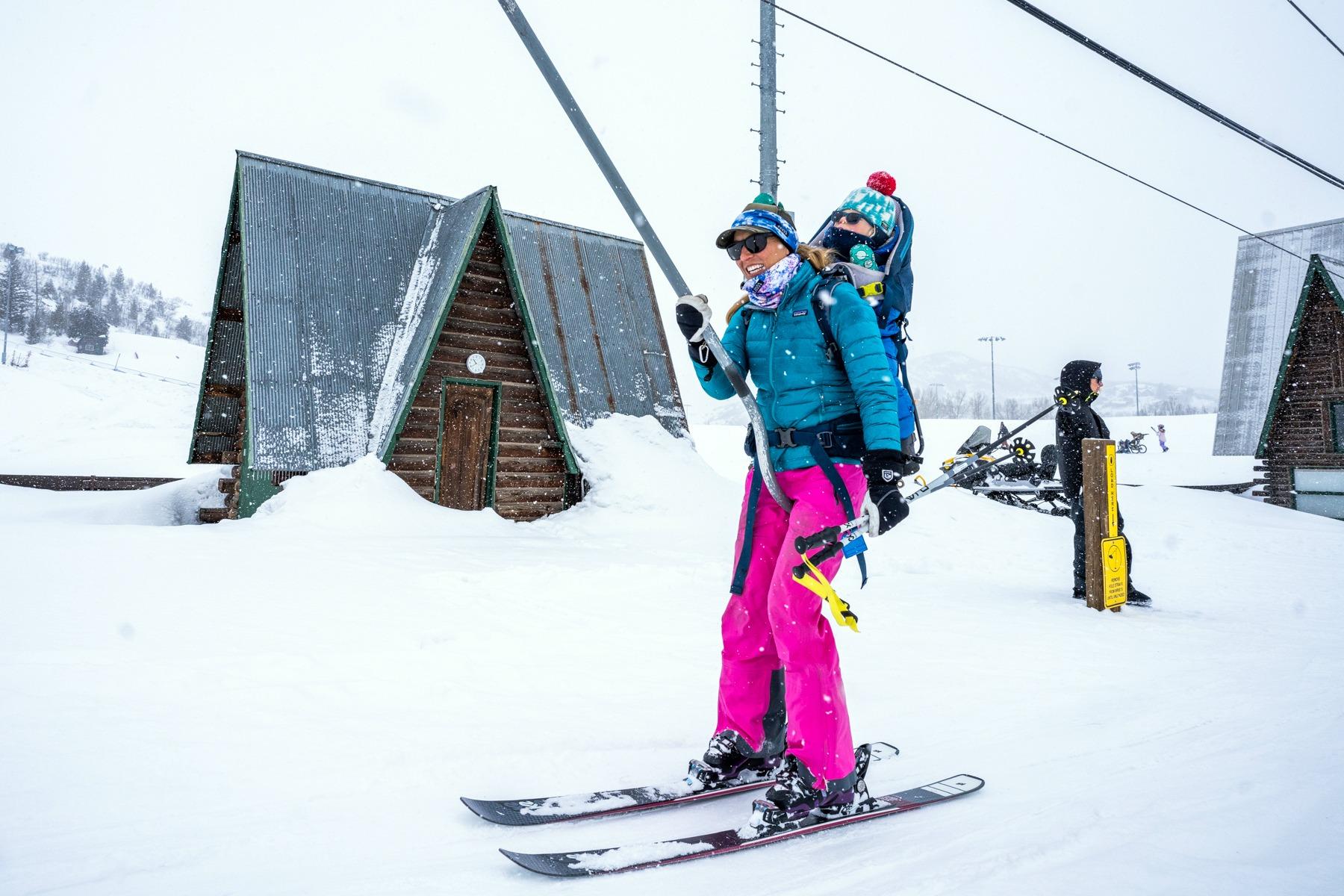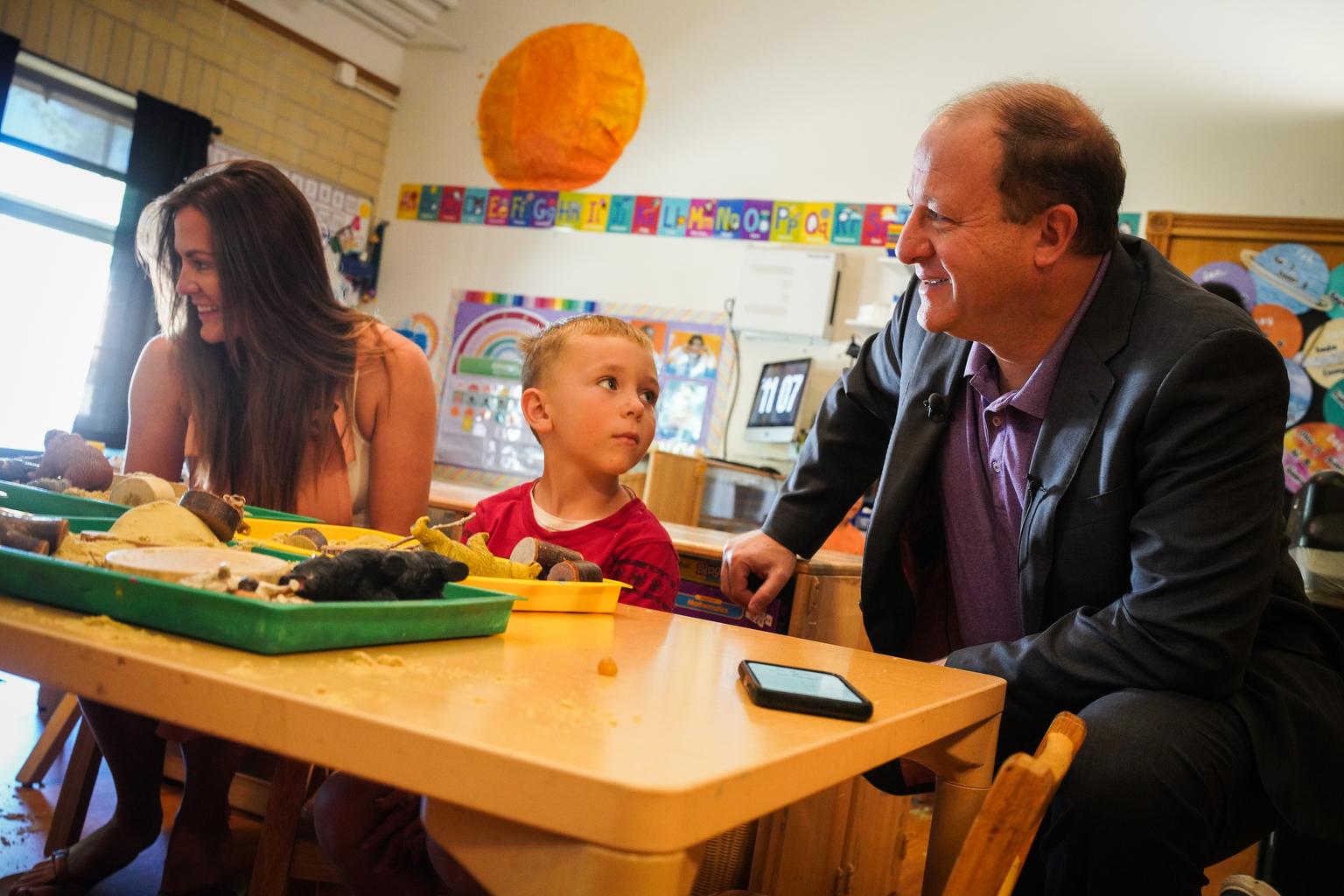
School districts unable to enroll hundreds of 4-year-olds into their schools frankly laid out their concerns to state education officials at a virtual Thursday town hall meeting, who were also the target of a blistering critique from a state senator who sits on the powerful joint budget committee.
The meeting was a chance for school district officials, many of whom are not party to a lawsuit over the implementation of universal preschool, to voice their problems and concerns with the program, known as UPK.
State Sen. Barbara Kirkmeyer, a Republican from Larimer and Weld counties, was also on the Zoom call and as it drew to a close, she admonished leaders of the new early childhood department for not immediately addressing school districts’ concerns on behalf of children, particularly children with disabilities.
“I'm just stunned,” she said in an interview later. “We've got kids that are suffering here, kids that are not placed. What I'm greatly concerned about are kids that have special education needs, that have an IEP (special education plan for students with disabilities), and that they are not getting placement.”
The lawsuit was filed by six districts and two organizations last week, alleging that the UPK system is violating state and federal disability laws by preventing school districts from meeting the needs of students. The school districts, who stress that they want UPK to be successful, want access to the system’s list of parents who chose their district preschool programs and parents with children with kids with special needs who didn’t in order to follow federal law. They describe a state-matching system rife with problems.
Kirkmeyer told Lisa Roy, executive director of the Colorado Department of Early Childhood, that the department needs to get kids into school and then get the funding problems that districts are experiencing figured out.
“I just don't understand why she isn't shutting down this lawsuit?” Kirkmeyer said in an interview. “Why aren't they talking to the school districts saying, ‘how do we fix this? How do we get kids in school and we will come back and talk about funding after we get kids in school?’ ”
She said the lawsuit was simply school districts’ last resort — an outline of the conversation that needs to be had to get the system fixed.
On a tour of a Broomfield preschool earlier in the day, Roy said her department and the department of education have been at the table for months figuring out how best to serve children.
“We'll learn from this year,” she said. “And definitely what makes sense for families and our providers, we’ll consider changes. We are putting together advisory work groups that will inform us based on this year's rollout of things that we might consider for next year.”
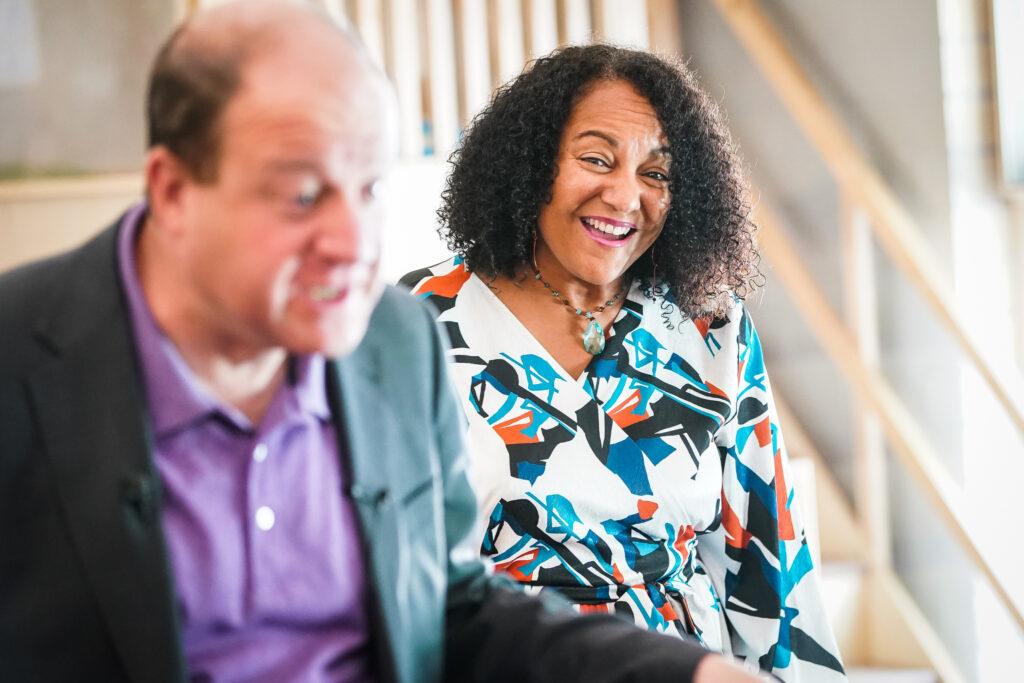
School districts not involved in the lawsuit say they need problems solved now
During the town hall, Kim Bloemen, assistant superintendent of Weld RE-1 district, told education leaders that families are struggling with the UPK application portal called BridgeCare. Many times, they’ve applied, but don’t accept the match in a timely manner because they missed an email.
“I get families who can't figure out how to get back in,” she said. “They lost their password. They call us in the school district, and I feel horrible that I can't help them.”
Because she can’t see their application, she can’t help them — a common complaint of school districts. She has to send them to the “local coordinating council” — the county organization that tries to fix UPK problems but often they don’t have the access they need or are understaffed, she said. Then families are confused that they still need to register again at the school.
“I think the intent of having a family-friendly system as a one-stop shop to apply for preschool, in theory, looked like a beautiful system, but we're actually making our families, especially families who are in vulnerable life situations, having to jump through multiple hoops,” she said.
She said the matching process took too long in the beginning as well, causing unnecessary anxiety.
“I think it's really clunky for parents, and I'm just trying to find a way that it can be more family-friendly.”
School officials say they haven’t been able to get accurate BridgeCare information in a timely manner before children started school. Chris Fiedler, 27J superintendent, said there were 805 students on their BridgeCare rosters, but only 637 were on school rosters, so 168 students didn’t start preschool Wednesday.
“I would reiterate these are not new challenges,” Fiedler said. “We've been asking for access for quite some time.”
Deirdre Pilch, superintendent of Greeley-Evans School District 6, said districts are excited about UPK. But there are big issues that need to be resolved.
“Superintendents, whether we're in tiny districts or big districts, are frustrated with this rollout,” she said. “And I just want to echo the strain it has put on our staff, especially our special education staff and our preschool staff. And then families remain very frustrated and many families have just walked away and just said, ‘I can't do this. It's too complex and it's too much information.’”
Other problems district officials identified was losing funding they used to have that covered more 3-year-olds with significant risk factors; many low-income families losing 15 hours of UPK because the state changed rules late in the game; and more than 100 districts getting less money per student than they did in the old preschool system.
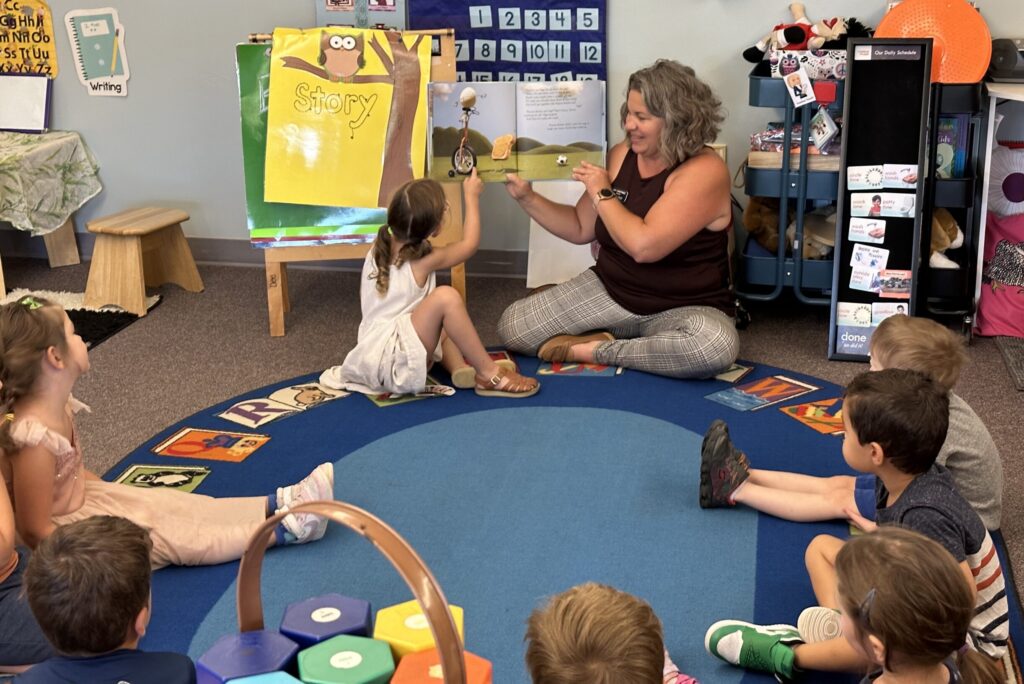
Concerns not limited to public school districts
A survey this month of private providers echoes many of the same complaints as school districts, according to Dawn Alexander, executive director of Early Childhood Association of Colorado, which advocates for private preschool providers.
Most reported that families who tried to find their center on BridgeCare showed it didn’t have space available and some lost children as a result — 522 children.
About 111 providers reported they made 4,176 UPK slots available, have filled 2,619 of them so far — but they usually have 3,242 filled this time of the year. Many reported lost income and under-enrollment. Sixty-five percent said they didn’t understand when or what they’ll be paid or how to apply credits to families.
“Where UPK is a great idea, it should have been researched more thoroughly and planned much better,” one provider wrote. “This program needed another year to plan out and many, many more qualified people to run it and work the problems to avoid the mess it is now.”
The solution both public schools and private providers say, is to let parents enroll in preschool how they used to — first at school districts or private centers or home-based providers — and then put that information into the BridgeCare system.
But Alexander, like school districts, wants and believes the UPK system can be successful going forward.
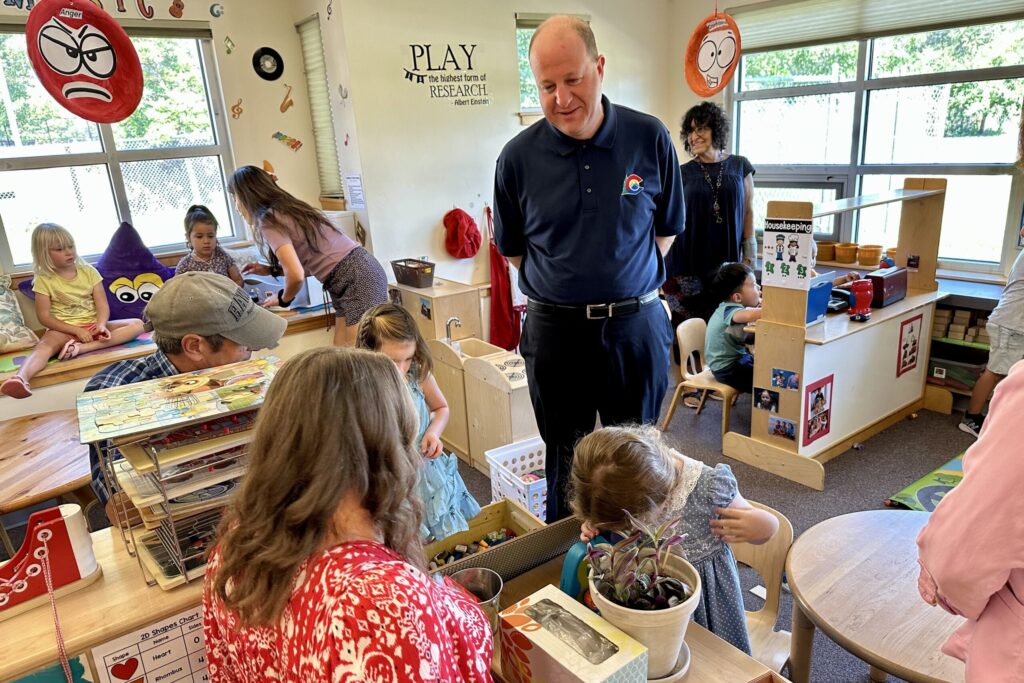
Polis, meanwhile, has been touring preschools from Steamboat Springs to Littleton for the past two weeks.
After touring the Bal Swan Children’s Center in Broomfield Thursday morning, Polis engaged with dozens of smiling children playing, reading or getting physical therapy. He said UPK has given 44 percent more children the opportunity to go to preschool, children whose families couldn’t afford it before.
“And then for the families that could, they're saving about $580 a month, which is also a big deal,” he said.
Polis acknowledged strain on the part of school districts but reiterated a claim that “they want to be the only preschool,” a claim that has irked school districts that say that they have collaborated with private school providers in the past and that’s not the focus of their lawsuit.
When asked about whether UPK should have been piloted or had a problematic design or implementation, Polis responded that he looks at the issue more from the parent’s perspective.
“Eighty percent got their first choice, which is more than I would've thought. So that was exciting because if you'd asked me, my biggest worry a year ago would've been; We have a lot of parents who want preschool and not enough seats or opportunities. I had nightmares, the parents would say, ‘Oh, I have to go 18 miles to bring my kid to preschool.’”
Bal Swan has filled all of its 71 UPK slots, but there is still space available for children around the state.
Polis focuses on what UPK is doing for children now.
“It’s going to make an enormous difference in learning and performance as these kids go into second and third and fourth grade and beyond.”
State Sen. Kirkmeyer wants to see Polis pull all parties together to find a way to get kids who are stuck somewhere in the system into classrooms.
“The governor has just frankly doubled down. Instead of saying, ‘Hey, how am I going to work with school districts?’ Because I'll tell you who's getting hurt here? It's these preschool kids.”
CDEC’s Roy said at the town hall that the department is taking district concerns seriously and that she appreciated the chance to hear what’s not working. She said she was limited in what she could discuss because of the lawsuit.





